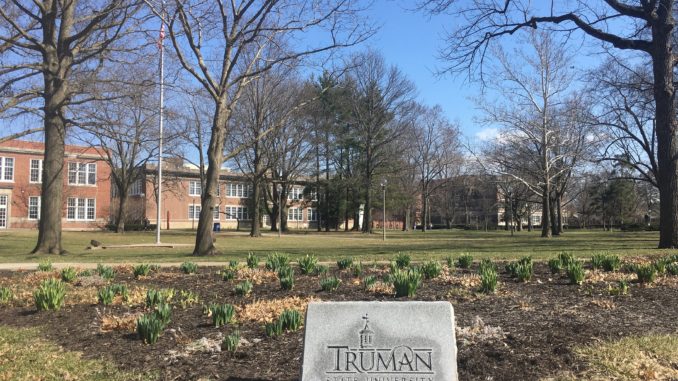
There is no doubt about it: college is not very disability friendly, despite the Title IX anti-discrimination policies and accommodation rules set in place. Although its primary purpose is academics, college is a multifaceted experience that goes way beyond the academic setting.
Let’s take one example: autism. The enrollment rate for autistic young adults age 18-24 in college is 33%, according to The State Press. This is already lower than the average of the general population of young adults, which is 40%, according to the National Center for Education Statistics. This disparity, however, isn’t the most striking figure. Less than 20% of autistic young adults finish college in five years, according to The State Press. This starkly contrasts 40% of the general collegiate population who graduates in four years, as stated by The Classroom.
Why is this? Accommodations most of the time don’t cut it, especially for students with developmental and learning disabilities. Most college activities are loud and crowded. Attendance policies are often strict and don’t take into account the mental health needs of students. I know this is not a top priority for professors and even students, but as an autistic college student, I think I deserve the same opportunity to succeed as everyone else. Here is how I propose we combat this striking difference.
First, Truman State University could implement better disability training. Staff disability training in universities is usually fairly slim. A few extra hours of training per year wouldn’t hurt, especially with consistent updates. Most disability training consists of referring students to the Student Access and Disability Services Office and what to do in a mental health crisis, leaving much unaddressed, especially in the areas of hidden disabilities. Professors should learn about disabilities and their impact on student performance without proper accommodation. In addition, Residence Life should be trained on this so they can better understand where their residents are coming from.
Second, Truman should reform attendance policies. Many professors have strict attendance policies, which penalize absences. Students with disabilities often get more stressed and/or more sick, in addition to necessary doctors visits, etc. An adjusted attendance policy can decrease the amount of stress students face because of school, and in turn, their grades will go up.
Third, we should modify accommodation systems. Accommodations are helpful, but sometimes they don’t go far enough, and those who are undiagnosed or self-diagnosed have a hard time receiving them. Helpful resources could include a tentative full schedule by two weeks into the semester, an extended add/drop period and dual aid for students taking notes (such as an auditory lecture alongside a visual PowerPoint).
Truman should also make campus more accessible. Every building has at least one working elevator and accessible external access, but there is no campus transportation system. For a lot of people with disabilities, treks across campus, like from Ophelia Parrish Hall to Barnett Hall, are not feasible, let alone in ten minutes. A means of campus transportation, even just a small athletics bus, would make a world of difference and allow people to get to class on time without causing too much physical strain on their bodies.
Finally, Truman should make sure accessibility efforts extend beyond the academic setting. While academics is the main function of college, it is not the only facet. During Truman Week, all the chaos had me feeling overwhelmed. A more relaxed Truman Week would help students with disabilities, such as sensory issues, be able to take in more information. Having a social club for those with disabilities could allow them to make and keep more friends on campus. A sensory-friendly residence hall or floor would also be helpful. Any effort to make a more inclusive environment for college students with disabilities can make a difference.
